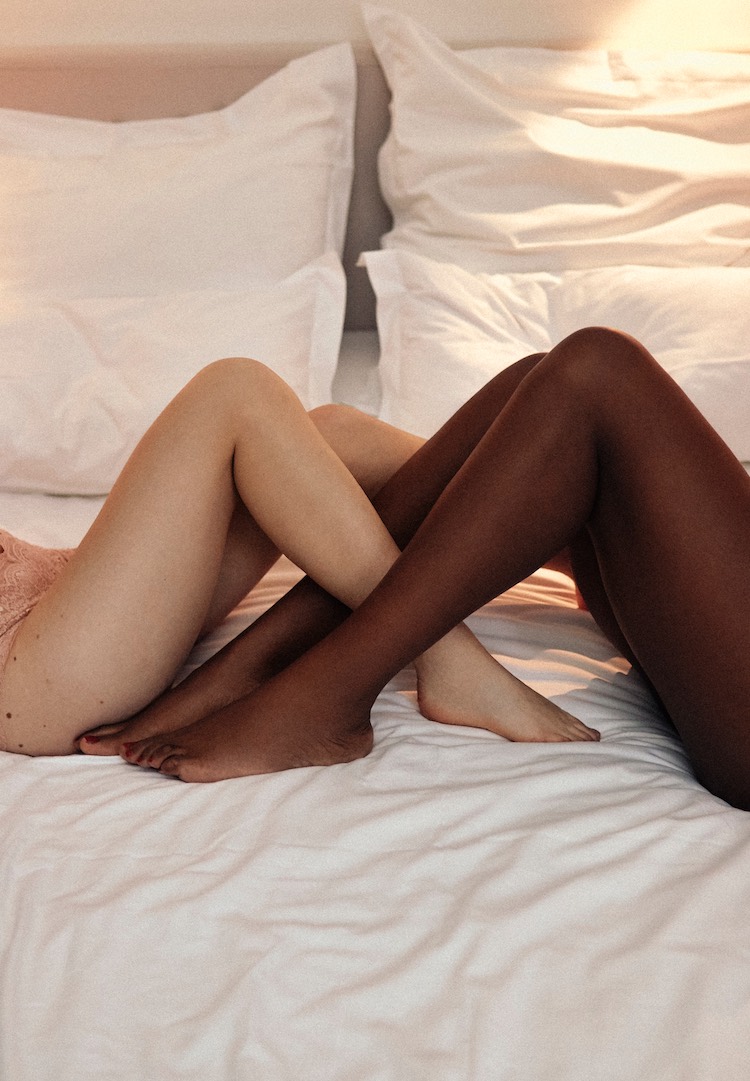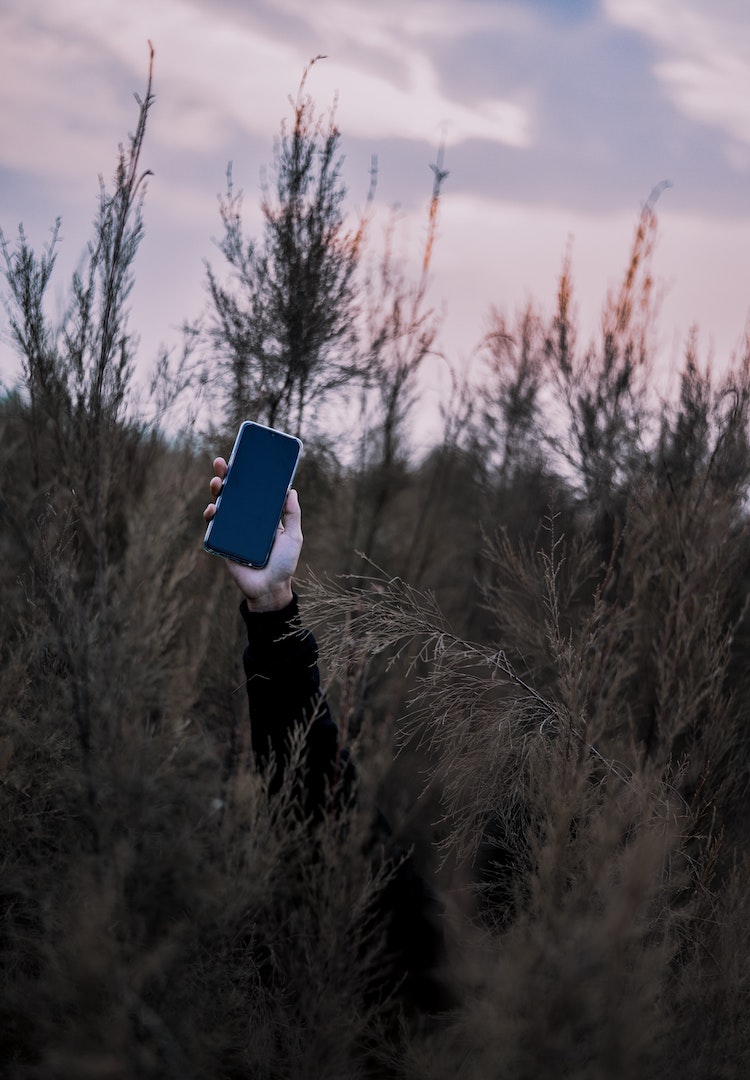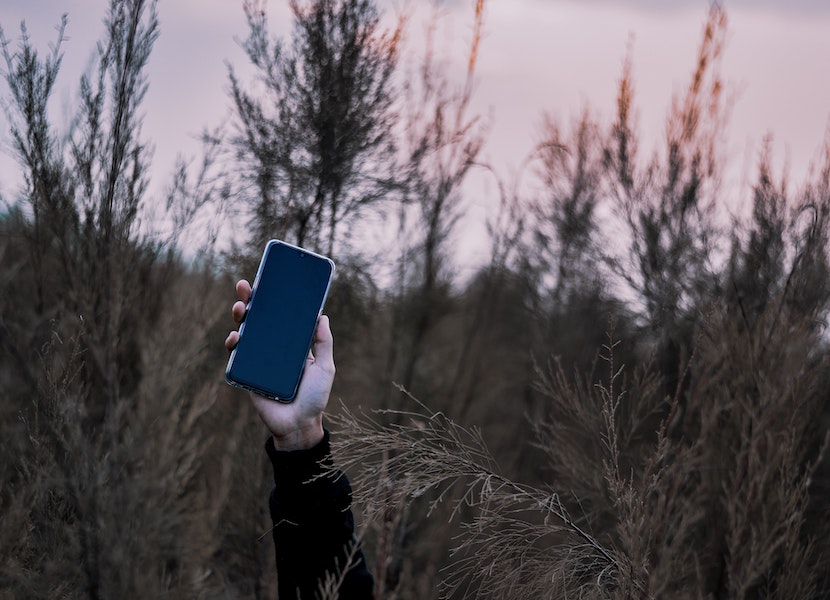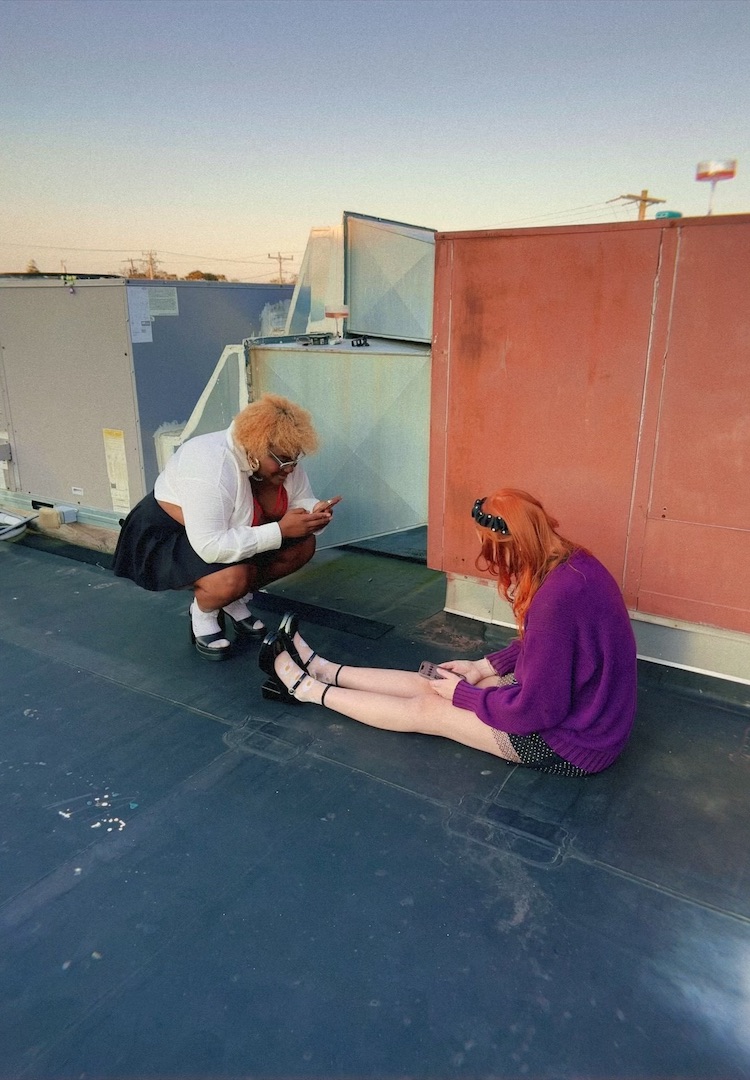Why are we still on social media when we hate it so much?
WORDS BY Ella Bazzani Hockley
Deleting your apps semi-regularly is not entirely fruitless.
Hate is a strong word but, quite poetically, it isn’t necessarily the opposite of love. To paraphrase Strindberg (or any other poet who’s riffed off this old adage), the opposite of love would have to be indifference. Hate instead implies a degree of intensity, even passion.
And this month, The Social Dilemma has made me feel, quite intensely and passionately, that I hate how much I love social media. I really wish I could feel indifferent. Unless you live under a rock (very cool!), or are already social media-free (jealous!), I’m assuming you’ve heard something about it. Since it launched, it’s been stuck at the top of Netflix’s top 10 list.
In short, it reveals how social media has been designed to exploit human psychology and foster addiction. It explains why so many of us feel ‘addicted’ to our phones and that this addiction is (frighteningly) by design and very, very real.
The film calls on us reclaim our attention-span agency, and make moves to seriously review, and maybe even suspend, our social media usage – which now represents so much more than just ‘keeping in touch’.
And so, like many others, upon finishing The Social Dilemma, I made an emphatic declaration: that I plan to triumph over big tech in the next few years. No Facebook, no Instagram, no Twitter. (That I’m now launching the declaration from an internet platform, and considering the apparatus on which you’re probably reading this, is an irony not lost on me.)
But the documentary has had an equally ironic cultural effect. While it criticises the short-circuiting of user attention spans, and the superficiality of our content-based consumption, it can credit much of its success to the countless Instagram stories, Facebook statuses, or internet think-pieces it has spawned. We’ve been doused with a tidal wave of social media posts about boycotting social media. And one has to ask, why?
Quitting social media in the Snapchat ‘generation’
Those who know me might describe me as idealistic, and unlikely to see this one unrealistic public promise through. They wouldn’t be wrong, either. A digital detox of the Instagram variety is something I attempt periodically (nay, weekly).
I’m likewise partial to caffeine strikes, yoga fads, dairy-free and even food-free phases (I am embarrassed to admit I have tried a juice cleanse), most of which never last more than a few days. Add to that a borderline excessive cottagecore fantasy and that I once unironically gifted several members of my family Into The Wild for Christmas, and me deleting all my social networking apps only to reinstall them a short time later should come as no surprise.
However, as someone prone to anxiety, comparison, insecurity (you too?), I do envision a social media-free life for myself at some point. I list all of the above fad diets or short-lived, Instagram-inspired initiatives in the hopes you’ll know exactly where I’m coming from. Though I hope you haven’t forced yourself to consume nothing but celery juice for two days, you might also have tried to live social media-free. So why doesn’t it stick?
According to The Social Dilemma director Jeff Orlowski, it’s because we’re all addicted to a product that ‘uses our psychology against us’. But we’re also mostly unaware of our addiction, giving us relatively little chance of breaking the cycle. A quote at the beginning of the documentary gives a chilling summary: “There are only two industries that call their customers ‘users’: illegal drugs and software.”
That big tech is creepy and conspiratorial isn’t exactly news, sadly. And reports that social media is addictive and destructive likewise don’t sound the alarm like they might have 10 years ago. But the fact that addiction is now an accepted byproduct of life online seems, to me, an admission of defeat.
So while I’m beginning to accept that maybe my addiction isn’t entirely something I have the ability to prevent, or promptly cure, I’m not ready to give up just yet. And neither should you be.
The digital drip feed
Technological evolution is mostly a good thing, to be sure, so it’s hard to say definitively that big tech is evil. Short of Zuckerberg, it’s hard to identify many bad guys at all. Instead, the film features many pivotal creators and arguable ‘good guys’ reflecting on their naivety – like the Frankensteinian trope of science gone ‘too far’.
In one scene, the creator of the Facebook like button talks about his team’s naive intention to “spread more positivity” in the world. It’s almost farcical when you consider the negative impacts that are so widespread and pervasive, it pushed Instagram to remove likes from select geographies altogether.
We see person after person describe how they designed and engineered programs to increase screen time, before realising with regret what they had contributed to. So in the midst of all these good intentions, how did we get here?
The crux of it is this: the more time we spend on social media, the more money is spent by advertisers and the more big tech profits. Like many businesses, the aim of the game is to hit KPIs and win over consumers.
Anyone might say duh, money does make the world go ’round. To that I’d say yes, but surely we could start to draw a line somewhere around the $16 billion mark, at the same time as we’re seeing increases in suicide rates, self-esteem issues, and so on.
These issues are too common to still be considered personal weaknesses
The documentary highlights that while human physiology hasn’t evolved at all in the last few decades, computer processing power has increased about a trillion times. Expecting us to compete with hardware whose processing capacity so far outperforms our own is too high a demand.
“Small, imperceptible” changes in your behaviour are evidence, the documentary argues, that consciously deployed digital cues are working. The breadcrumb-like trail left to lure you into your eleventh Paul Mescal YouTube interview is exactly that: the sweet and alluring work of an evil witch.
In fact, ’The Algorithm’, a nebulous concept against which we tend to direct anger, can preempt human behaviour, the engineers interviewed confirm. Towards the end of ‘The I in the Internet’, the opening chapter of Trick Mirror, a collection of essays by Jia Tolentino, she sums up her whole spiel with this line: “Capitalism has no land left to cultivate but the self.”
In the realm of big tech, cultivation of the self is both metaphoric and literal: I could cite the surge in reported eating disorder hospitalisations, cosmetic surgeons seeing ‘snapchat filter’ facelift requests, the fact that ‘performativity’ is now a cultural problem.
A problem to rival climate change
Director Jeff Orlowski ultimately claims that a ‘climate-change scale problem’ exists, calling us to recognise our repression and reclaim our agency. Repression might sound like a mischaracterisation of what many argue is an ‘opt-in’ agreement, but it’s not.
I’m stuck thinking how different these communicative platforms might be if we didn’t have profile pictures, likes, retweets, social credit systems, ‘shares’ and stories. To still believe social media is for social networking is naive. How often are you really social on these platforms?
Similarly, can we still contend social media ‘helps’ us? Yes, we can now locate long-lost family members or maintain cross-continental relationships. But these are all things we could arguably still do without Facebook. I particularly enjoyed ex-Google engineer Tristan Harris’ bicycle analogy: no one complained when the bicycle appeared, it was here to help.
Justifying usage as ‘a way to stay in touch’ also misses the point. To salvage the original ‘good’ from social media would require the reining in of both its technological infrastructure and its advertising models – and in doing so, the money that controls it all.
Raging against the machine
How can I acknowledge all of this, and still feel powerless to change it? It’s got a lot to do with power. In this case, our digital overlords are invisible (in the film they manifest as Pete from Mad Men – just as terrifying). The film implies that, while logic would often separate technology from the crony capitalism that allows it to perpetuate, this doesn’t work.
That’s why when we talk about ‘breaking up’ big tech, or ‘fixing Facebook’ it seems an improbably lofty goal. I am but one freelancer-slash-student, and I am as bewildered as you might be as to exactly how this could happen in our lifetime. I am, however, inspired by app-deleting as a small, revolutionary reclamation of autonomy – idealistic as it might sound.
And as the documentary suggests, logging off and moving on is made intentionally impossible. But switching off notifications, limiting screen time and trying to distract yourself, denying the power of the void, and so on, is still up to you.
Rome wasn’t built in a day, and I encourage you all to start the process of weaning sooner rather than later. What we’re asking for is a more transparent, accountable and accepting cultural marketplace, and with this in mind, denying our devices their current degree of power is a good place to start.
I promise I’m not a patronising parent instructing you to “Get outside, go and read a book, stop and smell the roses!”. Your parents are likely just as addicted and unaware. But rebellion, like that once directed at said parents, is still your most precious political resource. Use it!













